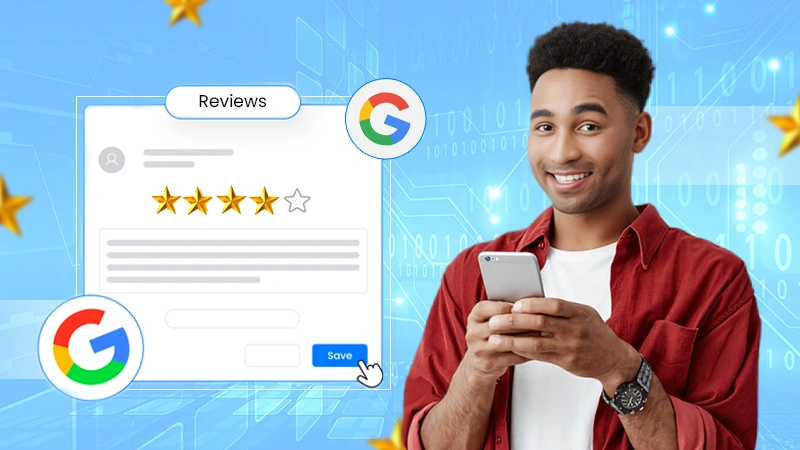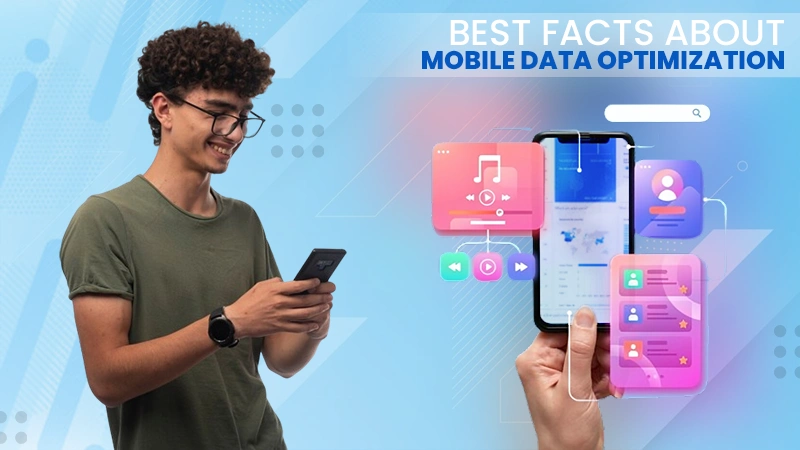You know that SEO is what will ultimately bring organic traffic to your business website. This is especially important for e-commerce merchants. But, if you run a local, brick-and-mortar store or service, local SEO is what you need. That’s because you need locals and out-of-town visitors to find your business online. You don’t need to rank for your keywords on searches halfway around the world, but rather in your city.
If you’re a local business owner and want to improve your local SEO results, read on. The team at Digital Authority Partners has prepared this guide just for you. You can do some of it yourself, but some of the work is best left to professionals. The bottom line is that your website can rank much better using local SEO.
How Does Local SEO Work?
Local SEO optimizes your company’s online presence, making it easier for people to find you when they are looking for something local. For example, if someone on a road trip has car trouble, they’ll search for a local mechanic on their phone. You want them to be able to find your mechanic shop nearby.
Search engines serve up local search results using several different factors, including the user’s phone geolocation or IP address. The search engines also rely on things like local content, citations, and social media pages to serve up relevant local search results.
Of course, keywords are also used to determine the results. This is why you need to include your location as a keyword. For example, “auto service Roswell NM” could be an important keyword phrase to include in your local SEO for Roswell, New Mexico.
Local SEO optimization is vital for small, local businesses. Nearly half of all searches are local. Even if someone performs a generic search, the chances are good that they’ll come up with local businesses.
Local SEO vs SEO
Local SEO optimizes your business’s website for local search queries, while general SEO optimizes it for web-wide queries. If you run an e-commerce business site that ships goods all over the country, you want to show up on general searches. But, if you run a local store, you might need to focus more heavily on local SEO.
The advantages to focusing on local SEO include:
It’s cost-effective. Local SEO includes things you can do yourself, like setting up free local business listings on Facebook and Google My Business.
Reach customers in your local area. If you’re a pet groomer in Ely, NV, you don’t need to show up in searches performed in Chicago, IL. You simply need to reach people in Northeastern Nevada.
Get more quality search traffic. Local search optimization naturally eliminates people that aren’t likely to become customers. You’ll mostly get people searching for what you have to offer locally.
However, your website might also need some general SEO work to improve both organic and local search rankings. For example, if your website is not responsive and mobile-friendly, or has back-end issues, it will still rank lower.
Also, search engines love “fresh content”, so you might need to add a blog with locally-focused tips and news items. For example, if you operate a fishing charter boat in the Florida Keys, you can blog about local weather and fishing. You certainly should post the biggest catches of the day. This not only provides fresh content for the search engines but also acts as advertising for your charter boat.
Free Local SEO Resources You Must Use
Search engines like Bing and Google allow you to claim a free local business page. They factor these local listings into their search results.
These local citations include your business name, website, address, phone number, and hours. This helps immensely with local searches. Also, it provides a valuable backlink to your site, which the search engines take into account. When you’re writing your business description, be sure to add a few keywords.
Perhaps the most valuable free page to take advantage of is Google My Business. This not only brings you up on local search results but also creates a pin on Google Maps. Also, visitors can leave reviews, another valuable local SEO resource.
In addition to claiming your free search engine business pages, be sure to also claim your business on review sites like Yelp and Yellow Pages. These review sites often appear at the top of local search results, so you want to take advantage of that. Also, thank visitors when they leave a good review, and politely respond to any negative reviews. Review sites are where you have the chance to make a good first impression.
On all of your free local SEO resources, post nice photos of your business and make sure all of your details are accurate.
On-site Local SEO
Search engines like fresh content and blog posts focused on local topics can also help your SEO. When it’s done right, both your organic SEO and local SEO will improve, pushing your website to the top.
When writing for SEO, it’s important to include your topic keywords in the title, meta description, and headlines. However, it’s also important to not over-use keywords, since search engines perceive this as spam. Try to write friendly, informative content that your customers want to read about. For example, if you run a local hardware store, you could post how-to projects and product reviews. A camping supply store could also post how-tos, along with local camping, fishing, and hunting conditions.
If you’re not good at writing, you can outsource the task to a copywriter who knows about SEO. It’s usually not expensive. But, it’s best to use native speakers rather than overseas writers. This way, your blog posts will read more naturally.
Once again, make sure to clearly post your address and phone number where visitors can easily find them, such as on the header, sidebar, or footer of your website.
Social Media Pages
Facebook business pages often come up at the top of organic search results. It’s free and easy to start a Facebook business page; plus, it allows you to advertise on the platform. However, once it’s up, post regularly. Too often, businesses start a Facebook page and eventually stop posting. This can give people the impression you’re no longer in business.
Other social media platforms are also valuable. Platforms such as Instagram and Pinterest are great for businesses that can take advantage of visuals, such as craft, gardening, or travel-related businesses. It’s an opportunity to show off what you have to offer. Once again, don’t slack off on posting. You don’t have to post every day, but weekly social media postings are a must.
Social media is not only a good SEO tactic, it’s also a good way to personally connect with your customers. Potential customers will come across these pages, and it’s your chance to make a good impression on them.
“NAP” Citations
The name, address, and phone number are shortened to the NAP in SEO speak. These are also called citations. This information must be correct across the web. If you’ve moved or changed your phone number, you’ll need to track down as many citations as you can and correct them. You need to ensure that your citations are consistent and accurate everywhere.
There are tools that you can use to instantly check for accurate citations, such as Moz Local. You can enter your business name, address, and ZIP code to pull up all listings related to your business from the primary local indexing platforms. From there, you’ll be able to see if they are all correct. You’ll need to reach out to try to have any inconsistencies corrected.
Optimizing for Local Voice Search
People who are driving might use voice search on their phones to find a local business. Rather than simple keywords, voice searches tend to be longer phrases.
For example, rather than “best Mexican restaurant in San Antonio”, a voice search might be “Mexican restaurant near Rigsby Avenue and Kaiser”. The user’s smartphone will sense they’re in San Antonio, and the browser will search for a website with addresses on or near those streets.
More and more people are routinely using voice search, so, to stay ahead of the competition, it’s smart to incorporate that into your website. Also, Google should be able to pull that information from your Google My Page listing, so make sure your address is accurate.
Internal and External Links
Proper linking is essential for both organic and local SEO.
For internal links, make sure the links are relevant; for example, if you run a plant nursery and have a blog post on planting roses, you can link to the rose bushes featured on your website, as well as the fertilizer and plant food sections. But, you wouldn’t link to fruit trees.
For external links, try to link to “high authority” websites, like major newspapers and universities. Once again, the links need to be relevant. For example, if your plant nursery has a blog post highlighting the hardy, Lady Banks climbing rose, you could link to the Wikipedia page for Rosa banksiae. Also, you could link to an article on roses from a local gardening club or your local county or university agricultural extension.
Local SEO Services Can be Affordable
If you don’t know where to start, hiring a local SEO agency can be affordable. They can analyze your current local SEO, and find out how and where it can be improved. It may only take a few tweaks to improve your search results exponentially.







